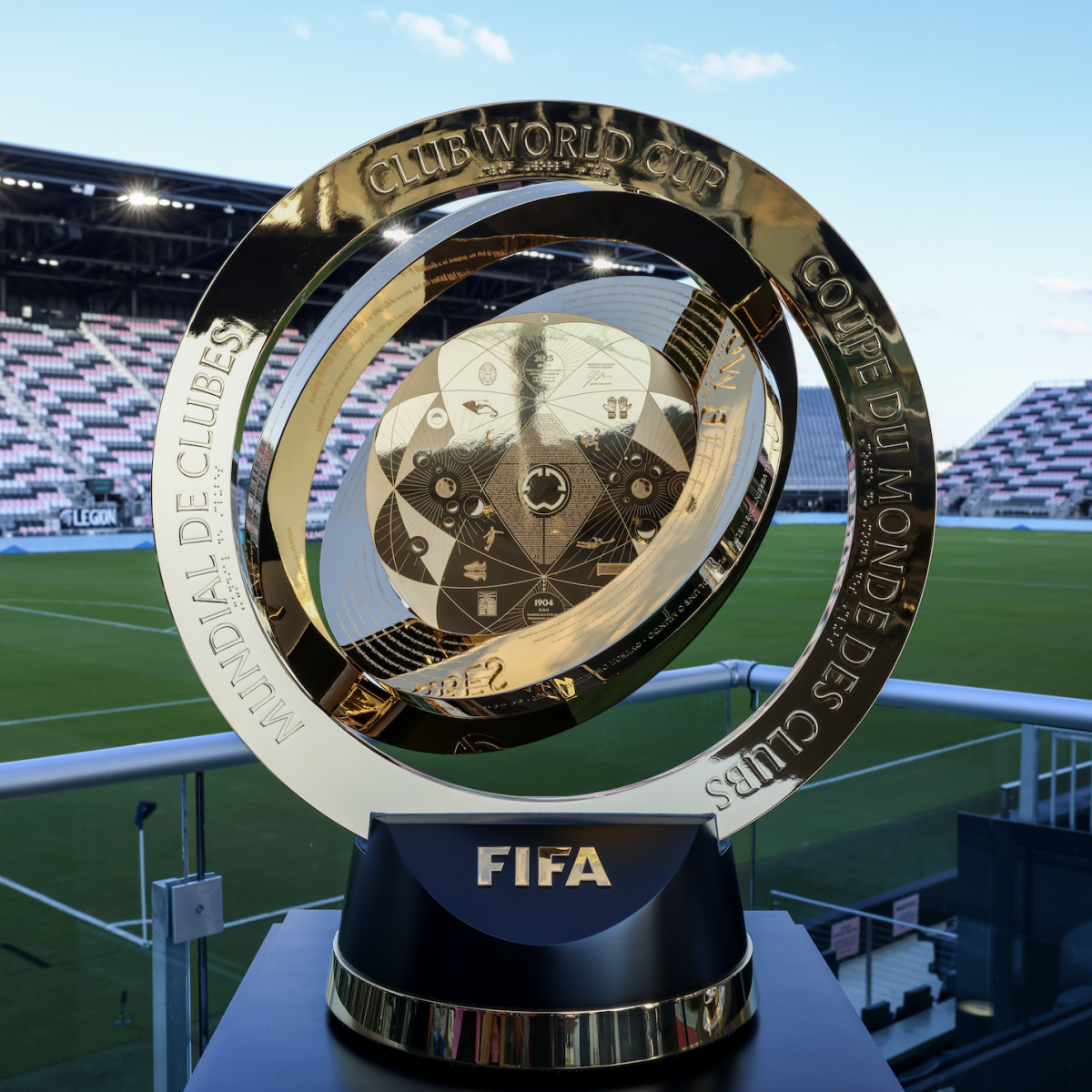No event escalates individuals to the status of national hero or global villain as dramatically as the World Cup. The idolatry that follows success and the stigma that follows failure are woven into the fabric of history, and the repercussions will typically follow footballers for the rest of their lives. Daily, we’ll take a look at who played the role of hero and who played the role of villain at the 2018 World Cup in Russia.
Heroes and Villains of the World Cup: Matchday Three
Hero: Alfred Finnbogason (Iceland)
When you score your country’s first-ever World Cup goal in its first-ever World Cup match and you earn a point off the two-time world champions in the process, you are the hero. This thing just writes itself.
#MundialTelemundo @A_Finnbogason marcó el primer gol en la historia de #ISL y así lo gritó @AndresCantorGOL pic.twitter.com/93uOZde52p
— Telemundo Deportes (@TelemundoSports) June 16, 2018
Honorable mention: Paul Pogba (France)
It's a gift, it's a curse, it's the Twittersphere. How is it that a 25-year-old whose career progression has included four Serie A titles (thrice being named to the Serie A Team of the Year) and one Europa League crown (the Europa League Player of the Season that campaign) now has to be defined by renowned analysts as having been “the subject of fierce criticism on social media.”
It’s fucking pathetic that some bombastic vitriol on Twitter (and Jose Mourinho's preference for Scott McTominay and "a normal haircut") takes away from one of the most intriguing midfield talents of all time. Pogba essentially provided an assist today (a great pass led to a penalty which Antoine Griezmann converted) while also scoring a fantastic goal, so back to the shadows with your clever “waste of money” assessments.
#MundialTelemundo Así narró @CopanAlvarez el gol de @paulpogba que le da el triunfo parcial a #FRA 2-1 sobre #AUS pic.twitter.com/2gtUXbSo02
— Telemundo Deportes (@TelemundoSports) June 16, 2018
Villain: Lionel Messi (Argentina)
Soccer is exceptionally cruel. Back in October, Lionel Messi’s hat-trick against Ecuador confirmed his status as Argentina’s lord and savior. Without Messi, Argentina would’ve never qualified for the World Cup, and the Barcelona man deserved to live as the three mystic apes do — a subject approached with only good mind, speech and action.
But you’re only as good as your last game and, in Messi’s case, Cristiano Ronaldo’s last game. Ronaldo is now revered as having the mental fortitude of Francis Cozier aboard the Terror. Messi is now Cornelius Hickey following a bit of dramatic self-sabotage.
With 115 touches, 11 shots and nine dribbles, we saw an incredible amount of the Argentina No. 10. His pass to earn Argentina’s penalty was exquisite, but his subsequent taking of said penalty left a lot to be desired.
#MundialTelemundo ¡ #Messi perdona el penal y #ARG sigue sin poder superar a #ISL! pic.twitter.com/2q31iMNYol
— Telemundo Deportes (@TelemundoSports) June 16, 2018
Apart from that crucial moment, he twisted, turned and tried time after time to work some space with that magical left foot of his, but so much credit has to go to the likes of Gylfi Sigurdsson (that was perhaps the best defensive performance from an attacking midfielder in the history of the World Cup), Emil Hallfredsson and Aaron Gunnarson for keeping Messi largely in the areas that they willingly ceded to him.
Iceland Defense every time Messi touches the Ball #WorldCup pic.twitter.com/PQAwVdSkZt
— Uhurunomics (@Uhurunomics) June 16, 2018
All of Lucas Biglia, Angel Di Maria and Big Willy Caballero could be substituted for Messi here, but this series is about narrative, and Messi didn’t live up to his billing.
Honorable mention: Christian Cueva (Peru)
That was some kind of penalty from the Sao Paulo attacker.
#MundialTelemundo ¡ @Cuevachris10 desperdició su penal y la mandó a la tribuna! Así lo narró @sadovnik1965 pic.twitter.com/QhiWMnUhGt
— Telemundo Deportes (@TelemundoSports) June 16, 2018




